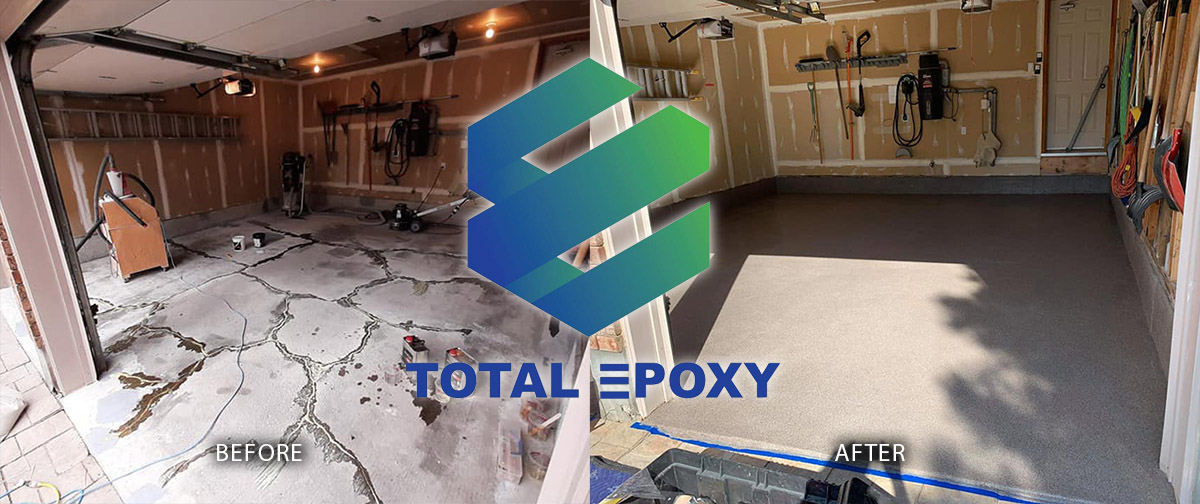
6 Financial Tips for Transitioning to a Fixed Income
The time has finally come – retirement! After decades of hard work and effort, you’ve made it to the golden years where you can live each day to its fullest. While retirement offers great freedom and all sorts of benefits, there are some things to consider. Moving into the land of retirement means that you’ll no longer have active income. Instead, you’ll be living off of fixed income from retirement accounts and possibly even Social Security.
To make your retirement as easy and stress-free as possible, there are financial tips you’ll want to follow to seamlessly transition to a fixed income. Here are 6 must-follow tips.
Establish a budget
One of the first things you'll need to do is to establish a budget. Determine how much money you'll have access to each month as well as your basic living expenses. These include housing costs, electricity, car payments, and others.
Once you've determine how much income you'll have versus your monthly expenses, you can determine how much money you have left over for other costs like entertainment, dining out, or saving for that dream retirement trip.
The key to creating a budget is not only to know how much money you have and where it's going, it's also important to allocate money. Set budgets for certain expenses and stick to them!
Embrace Home Cooked Meals
While eating out has it perks, you're at a point in life where you need to pay closer attention to what you eat. By cooking at home you know exactly what's in your food and you can create healthy meals that meet your dietary needs.
Cooking at home is also an effective and simple way to save money. For the cost of a single meal at a restaurant, you're able to buy groceries that can last at least a few days.
When you’re craving a special meal from your favorite restaurant, look for coupons or ask about senior discounts. Many restaurants offer daily deals for seniors. You’ve worked hard to get to this age, so embrace the discounts that come with it!
Walk More, Drive Less
Owning a car and paying for gas and insurance coverage can be quite expensive. If you live in a relatively walkable area, make it a personal goal to become more mobile and use your feet to get around versus your car.
Health benefits aside, you will find that you spend much less money on auto-related costs. In turn, you're able to make your fixed income go much further for longer.
If you don’t live in a community where walking is an option, consider public transportation. Buses and even trendy services like Uber and Lyft are much less expensive than owning and maintaining a car. You could also carpool with friends or family members to save money on gas.
Cut Medication Costs
As an older person, chances are you take at least one prescription medication. Do you know that Americans spend more than $325 billion on prescription drugs each year? While you can work to improve your health to make certain medications unnecessary, there are also things you can do to reduce the cost of your prescriptions.
For example, if you take Eliquis for irregular heartbeat, you can ask your doctor about Eliquis discount options such as coupons, sample packs, or even larger dosages that you can split. You can also ask about manufacturers discount programs and even if there is a generic option available for some of your prescriptions.
Consolidate Accounts
Retirement is a great time to consolidate your accounts. If you have savings and banking accounts through various lenders, figure out which financial institution offers the best interest rates and move your money.
You'll also want to look into consolidating IRAs and 401k accounts. Having several accounts can be quite difficult to manage. You may even end up paying more fees by having multiple accounts.
Consider Passive Income Opportunities
In the event that your fixed income isn't enough to allow you to maintain your standard of living, now is a great time to think about passive income options. Do you own a vacation home that's vacant most of the year? Are you interested in real estate fund investments?
After you retire, there are all sorts of creative ways to create passive income. Rent out your vacation home or a room in your house. Offer dog sitting or babysitting services. Sell handmade goods on Etsy. The options are truly endless!
By creating passive income, you can give your fixed income a monetary boost without putting in much effort at all!
Conclusion
Retirement should be fun and stress-free. As you move into fixed income living, you’ll want to make sound financial decisions to ensure you’re financially sound now and years into the future. Keep these 6 tips in mind to make your retirement as relaxing as possible.









